Vincent O' Keefe is a writer and a stay at home dad from Ohio. He earned his B.A. from Canisius College, hisM. A. from Temple University, and his Ph. D. in American literature from Loyola University Chicago. His literary criticism has appeared in a variety of academic journals, including African American Review, Response: A Contemporary Jewish Review, and European Romantic Review. His author interviews have included Charles Baxter, Sue Monk Kidd, Edwidge Danticat, Fenton Johnson, and Herbert Gold.
To celebrate WRAD, Vincent is working on hosting a Family Story Time at his local library, the Avon Lake Public Library, on March 7th. We can't wait to hear all about it!
He also enjoys photography and showcases his work in and around Cleveland. Read on to learn more about Vincent:
1. Can you share some of your earliest memories of reading and how they impacted you?
Some of my earliest memories of reading involve my first few days in kindergarten. I remember feeling shy, so I spent a lot of time in the “Reading Corner” with various Curious George books. Because the books were funny, I quickly became friends with a few other kids who liked laughing at the books with me. Ironically, the solitary act of reading became a bridge to social activity.
2. What advice would you give to teachers, parents and caregivers who want to reach their struggling readers?
I was not an avid reader until high school, but then I went on to earn a Ph. D. in American literature. So my first advice would be to hang in there--many readers are late bloomers. I would also recommend trying to find a child’s passions and encourage him or her to pursue reading in those areas. In my case, reading about sports did the trick. For more elaboration, please see a piece I wrote on The Huffington Post about this question.
3. It is said that stories and poems teach values. Is there one value in particular that has inspired your life and your good work that might connect back to a book that was either read to you or that you read on your own?
The greatest value I associate with reading is empathy. As a boy, I was struck by travel narratives like Gulliver’s Travels because of their ability to immerse readers in multiple perspectives. As I read about the tiny Lilliputians and giant Brobdingnagians, I was forced to revise my assumptions repeatedly, a process that amazed me (and still does). Another illustration would be that memorable moment in Sinbad the Sailor when Sinbad realizes the island he stands on is actually a live whale! To this day, that’s what I love most about reading--those moments when a book enables us to travel beyond our blind spots, naivete, or limited mindset.
4. What do you think is most essential for teachers, parents and caregivers to do in order to nurture a child to become a lifelong reader?
It is very important to model enjoyment of reading, which can be difficult in our fast-moving, high-distraction culture. Reading now competes with many other activities, but I try to make time to show my children the joys of reading. Sometimes I’ll read aloud some passages of whatever I’m currently reading that they might find interesting or humorous. We also try to read aloud every night before bed. In addition, I make sure our house always contains quality books within quick reach, even if my kids may not pick up those books until a later age. Providing a comfortable environment with easy access to reading visibly demonstrates a long-term commitment.
5. What do you think the future holds for readers?
I am optimistic about the future of reading, though we are certainly in a transitional stage. As our culture becomes increasingly visual and media-saturated, there is a danger that the ability to read a written text critically and carefully may become devalued. On the other hand, in some ways the popularity and interactive nature of the internet has both children and adults reading and writing more than ever. In such a world, I think the ability to think critically about what one is reading will become increasingly valuable. Hopefully, readers of the future will continue to highlight the distinction between actively reading a text and passively consuming information.

